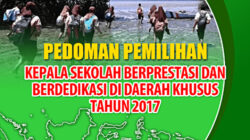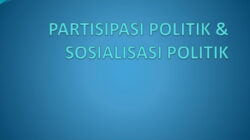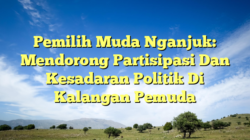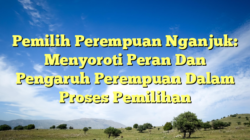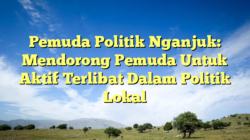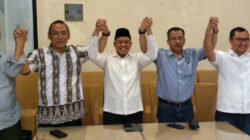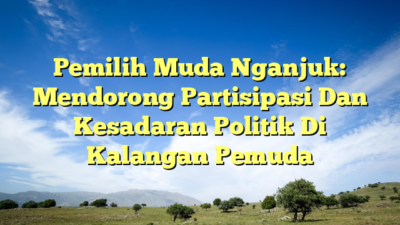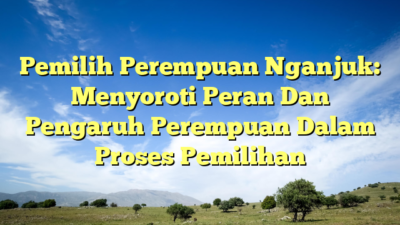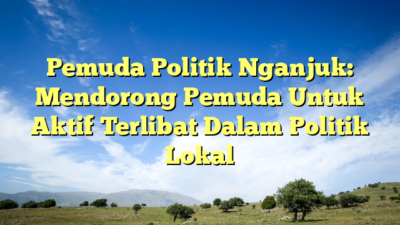Today we’re going to talk about the importance of political education, or “Pendidikan Politik” as it’s known in Indonesian. Many people may not realize the significance of this important topic, but the truth is that it plays a crucial role in shaping our society and ensuring a healthy democracy. In this post, we’ll explore what political education is, why it’s important, its benefits, ideas, how to practice it, and some tips for success.
What is Political Education?
Political education is the process of learning about the political system, its institutions, and the processes through which it operates. It can include learning about the rights and responsibilities of citizens, the different branches of government, and the history of political movements and ideas. Political education can be formal, such as through school or educational programs, or informal, such as through conversations with family and friends or through the media.
Why is Political Education Important?
Political education is important for several reasons. Firstly, it helps citizens understand how their government works, and how they can participate in the political process to make their voices heard. Without this knowledge, citizens may feel disengaged from the political system, and may not participate in elections or other civic activities. Additionally, political education can help citizens develop critical thinking skills, enabling them to evaluate political arguments and make informed decisions. This is particularly important in the age of fake news and political manipulation, where it is essential to be able to discern fact from fiction.
The Benefits of Political Education
The benefits of political education are numerous. Firstly, it empowers citizens to participate in the democratic process, ensuring that their voices are heard and that they have a say in shaping their communities and nation. Secondly, political education can foster a sense of civic engagement and responsibility, encouraging citizens to take an active role in their communities and work for positive change. Furthermore, political education can help combat polarization and extremism, by promoting dialogue and understanding between different groups with different political views. Finally, political education can help prepare citizens for leadership roles, equipping them with the knowledge and skills needed to be effective in public life.
Ideas for Political Education
There are many different ways to engage in political education, from formal classes and programs to informal conversations and discussions. Here are some ideas:
- Take a course in political science or government at your local college or university
- Read books and articles on political topics that interest you
- Attend public lectures and talks on political topics at your local library or community center
- Listen to political podcasts and radio shows
- Engage in respectful and informed conversations with people who have different political perspectives than your own
How to Practice Political Education
Practicing political education is about more than just acquiring knowledge – it’s about taking action and participating in the political process. Here are some ways to practice political education:
- Register to vote and participate in elections
- Attend town hall meetings and other community events to get involved in local politics
- Volunteer for political campaigns and organizations that align with your values
- Contact your elected representatives and express your opinions on important issues
- Use social media responsibly to engage in political discourse and share accurate information
Tips for Political Education Success
Here are some tips for success when it comes to political education:
- Stay informed about political issues by reading reputable news sources and following political experts and commentators on social media
- Avoid echo chambers and seek out diverse perspectives on political issues
- Be respectful when engaging in political discussions and avoid personal attacks
- Be open to changing your mind if new information becomes available
- Remember that political education is a lifelong process, and there is always more to learn
In conclusion, political education is an essential part of a healthy democracy, and it’s up to all of us to engage in it. By learning about our political system, developing critical thinking skills, and participating in the political process, we can help shape the future of our communities and our country. So let’s get to it!

